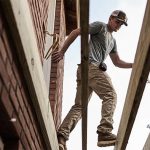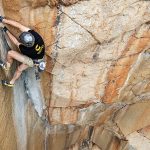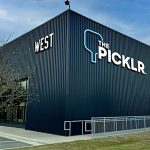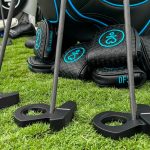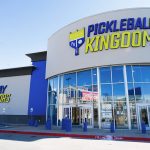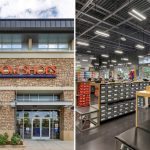Shockwaves rippled through the surf industry this week as blank surf board manufacturer Clark Foam suddenly closed its doors. Dave “Grubby” Clark sent out a letter to members of the industry detailing his complaints against what he felt was an attack against his company by a local community that no longer wanted manufacturing in its locale. Shapers and distributors were left scrambling for alternatives, with the only domestic supplier of blanks, Walker Foam Inc., which has much less production capacity than Clark, and the few producers overseas too far away to immediately pick up where Clark left off.
SEW talked with Dale Christenson, president of The Surf Source, Inc. in Atlantic Beach, Fla. who felt that “surfing was born and raised on the efforts of Clark Foam” and that of the several smaller blank suppliers, “none even come close to the production capacity and quality produced by Clark.”
To say that the effects of Clark Foam closing doors on the surfing industry will be major is an understatement. Expect to see a shortage of custom and stock surfboards worldwide accompanied by dramatic price increases to account for the diminished stocks. To account for the lack of blanks, there are two main avenues available — overseas manufacturers or shifting from polyurethane resin boards to expanded polystyrene (EPS) boards. On the international side, Australian producers are reportedly already preparing around the clock production schedules in anticipation of increased demands. The other option, shifting to EPS boards, has been a bit of a debate for quite some time within the industry as companies like SurfTech of Santa Cruz have used advanced manufacturing techniques to create EPS boards from a master that was originally shaped from a polyurethane core. The attraction of EPS is its strength and durability, combined with its more environmentally-friendly nature. Polyurethane board production is notoriously harsh on the environment and on those in the production process.
>>> Perhaps this can be a catalyst to help the surf industry, one whose connection with Mother Nature is obvious, become more environmentally safe to help keep the waves clean for the future
.



